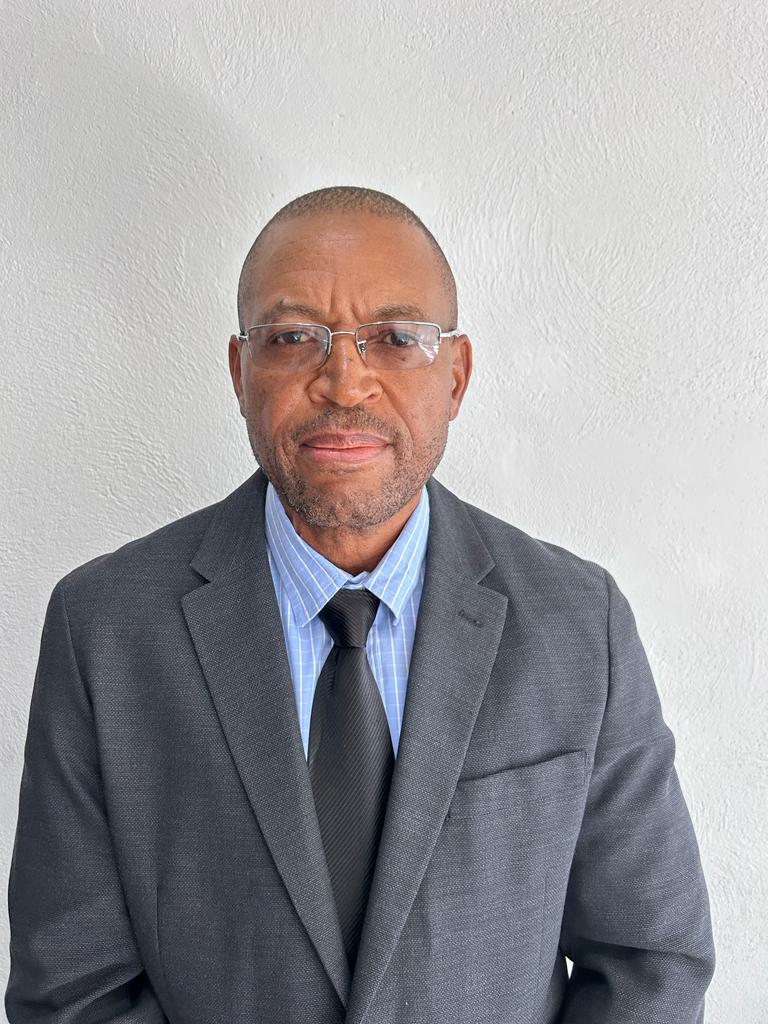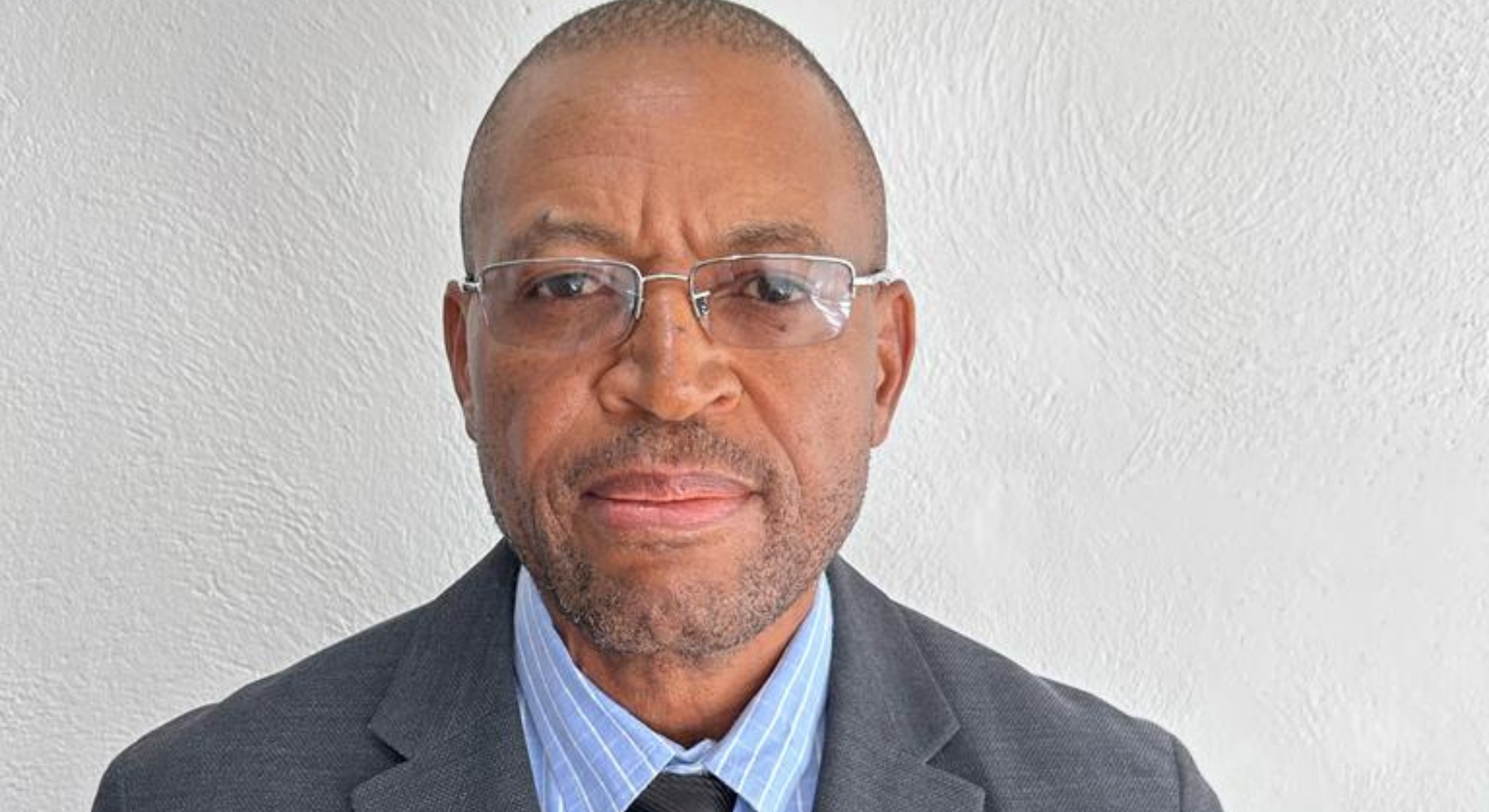South Africa finds itself at a crossroads in its infrastructure development journey. In recent years, mismanagement, neglect, a lack of skills and construction standards not being adhered to, has impacted the industry.
However, there is hope for transformative change, particularly as the Government of National Unity has made renewed promises in infrastructure investment. The newly appointed minister of infrastructure Dean Macpherson has noted that South Africa will be turned into a “construction site”, while in a recent address, President Cyril Ramaphosa committed to enhancing South Africa’s infrastructure to align with the National Development Plan, the African Union’s Agenda 2063, and the United Nations Sustainable Development Goals.
He noted that this strategic alignment was crucial for addressing South Africa’s social realities and efficiently using resources. As Ramaphosa and Macpherson emphasised, a sustained focus on infrastructure investment is not just ambitious, it is essential to drive economic growth and to support inclusive growth, job creation and poverty reduction.
Consulting engineers should continue to support government and private sector infrastructure projects with innovative solutions. As we move forward, our mission aligns with the broader national goals of rebuilding with purpose, ensuring quality, and optimising existing resources.
Accelerating development
The current pace of infrastructure development in South Africa has been notably slow. To meet the nation’s needs and aspirations, we must accelerate this process while maintaining a steadfast commitment to quality, integrity, and accountability. Macpherson’s call to “maximise the use of existing resources” reflects a critical shift towards leveraging what we already have, while pursuing new developments. This approach not only ensures efficient use of funds but also addresses the pressing need to combat corruption and inefficiency.
Certainly, this is an opportunity for consulting engineers to reaffirm our dedication to transparent and accountable practices. We understand that the effectiveness of infrastructure projects hinges on a procurement process that is both transparent and rigorous – our role, therefore, is to ensure that every project we undertake adheres to the highest standards of quality and integrity, thereby setting a benchmark for the industry.
Addressing Challenges
The decline in the South African construction sector’s contribution to gross domestic product, from 4% in 2016 to 2.6% in 2023, underscores the urgent need for strategic intervention and highlights how the sector continues to face several entrenched challenges, including a sluggish development pace, corruption, and rising costs.
The construction mafia and accompanied extortion have led to delays and incomplete projects, while the rising costs of materials, labour and equipment have further squeezed industry margins. This would be a key area that the Department of Infrastructure would focus on, noting that there is “no room for such mafias or people who will halt our projects”. From a consulting engineering perspective, solutions include actively engaging with the local community prior to a project’s development and during project implementation. By recognising and addressing the community’s needs through project steering committees, the engineering industry can contribute to enhancing living standards, reducing the need for forced and unfair business practices.
Cost overruns and project delays can be mitigated by implementing innovative solutions, leveraging technical expertise and navigating the complexities of infrastructure development. This will ensure that projects are completed on time and within budget.
Our own experience as a consulting engineering firm in the water resource and structural engineering services sector, has shown that infrastructure development needs to integrate both current and future needs, ensuring that projects not only meet immediate demands, but also lay the foundation for long-term success.
Investing in skills and innovation
The development of South Africa’s infrastructure sector further relies on the continued growth of skills and expertise in the engineering sphere. Beyond this, we need to build an industry that will retain these skills. Having started from a small team of two to a dedicated workforce of more than 10, we have also committed to nurturing an ongoing talent pool that can contribute to the industry.
With a continued focus on innovation and improvement, the South African consulting engineering society can ensure that we remain at the forefront of infrastructure development, and become a country that is exemplary in its processes.
The transformation of South Africa’s infrastructure landscape requires a collective effort from all stakeholders, including consulting engineers, which will play a crucial role by upholding the principles of quality, integrity, and efficiency. As the country embarks on this new era of infrastructure development, the industry should be committed to delivering solutions that drive progress, support economic growth, and enhance the quality of life for all South Africans.



